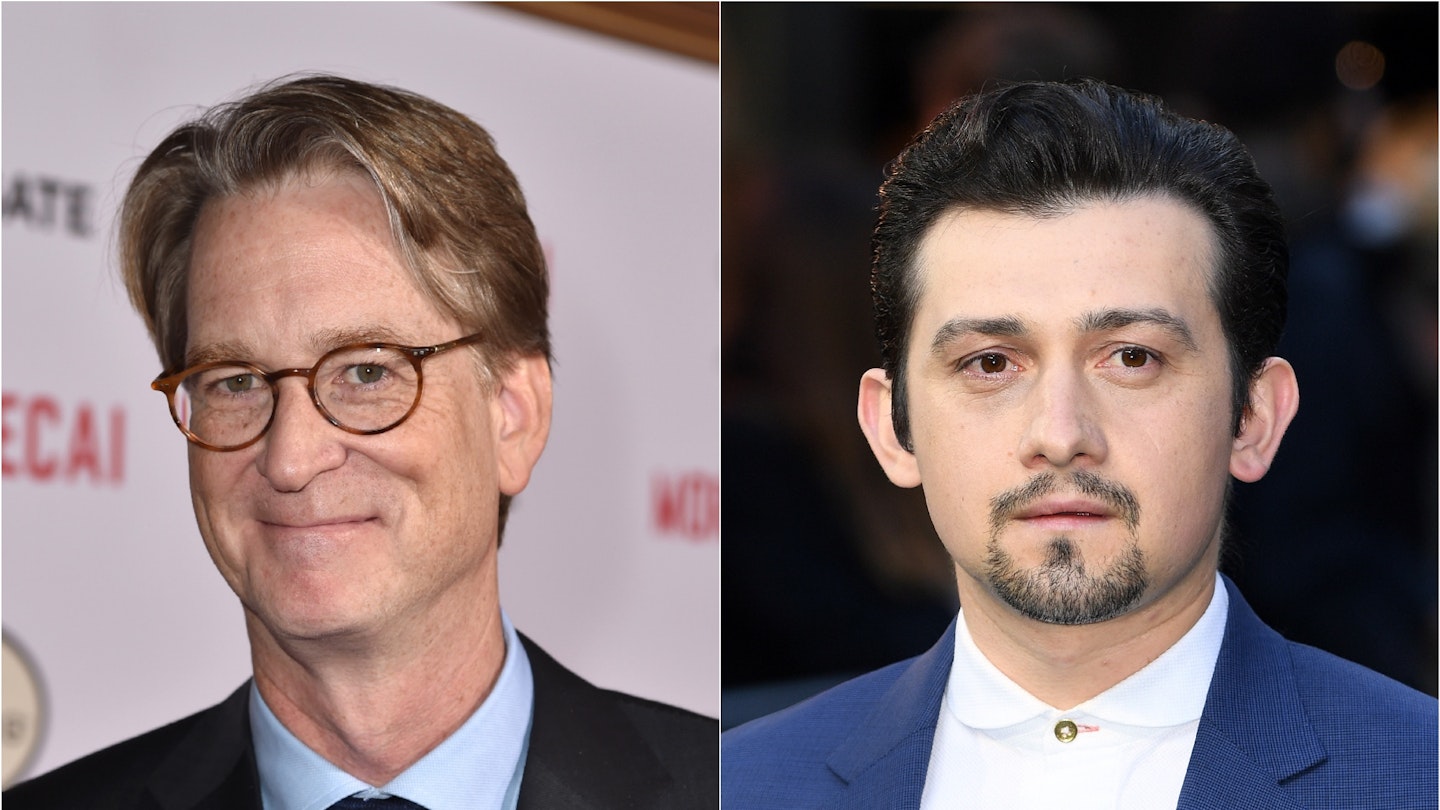The fields of Lincolnshire are lensed in a golden light by Shola Amoo in his semi-autobiographical sophomore feature, The Last Tree. A group of young boys is playing, shouting and running with only each other to entertain and worry about. Their smiles are huge. One of these boys is Femi (as a child played by Tai Golding; as an adolescent by Sam Adewunmi), a British boy of Nigerian heritage living happily in foster care, laughing freely in the place he calls home.

Out of the blue, he’s lifted from his countryside and from Mary (Denise Black), the mother he knows, and his life starts over with Yinka (Ikumelo), the woman who first gave it to him. The film deftly traces Femi’s journey across three places and two times: Lincolnshire, London, Nigeria; childhood and teenagehood.
Amoo’s film brings to mind Barry Jenkins’ Moonlight in terms of its introspective sensitivity, toying with operatic aesthetics to explore the conflicted mind of its protagonist. But The Last Tree has its own distinct and determined prerogative, finding a taciturn hero in Femi. Adewunmi shows lucidity in the young boy’s confusion between cultures, his steadfast gaze remaining a reliable driving force within a tumultuous world.
An arresting and often poetic watch.
Femi spends his life shifting in his skin, avoiding his birth mother as a teenager while still resenting his foster mother — who feels closer emotionally — for letting him go as a child. This chip on his shoulder affects every relationship in his life — friendships are near non-existent, romance offers a tiny spark to light, but nothing really catches fire. Every question he asks, no-one else can truly provide the answers.
How do you know when you’ve found a home? Can you choose it, or must you suffer it? Femi’s journey shows the familiar struggles of a relatively normal coming-of-age process, but the recognisable challenges are no less difficult to overcome. The combination of Adewunmi’s pressurised stubbornness and Amoo’s dramatic, almost theatrical design in the world that envelops him makes for an arresting and often poetic watch.
His two mothers and the girl who would have been willing to love him bring a lightness to the picture, with an affection that cuts through the alien hostility Femi feels everywhere. Gbemisola Ikumelo in particular steals most scenes she’s in, playing Femi’s biological mother with desperate empathy, an uninhibited desire to raise her son right and honour her culture that clashes with Femi’s own internal displacement. The pair fail to click, and the two actors crash into each other with heartbreaking differences.
When Femi finally connects the dots of his lost childhood in Nigeria, the answers at once give him the closure he’d been searching for, and the will to keep looking for the identity that belongs to him now. Amoo’s film weaves together aesthetics that channel earnest tragedy in slo-mos and cutaways, as much as the crucially relevant angst of The Cure and the scent of crashing waves on a foreign beach.

